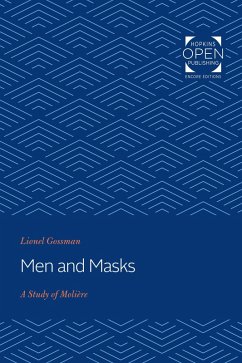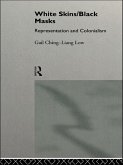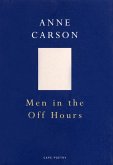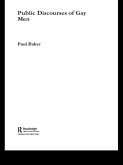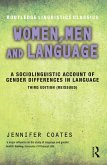Originally published in 1963. Moliere's plays rank among the great comic achievements in the history of the stage. Yet few attempts have been made to understand them as expressing the historical context of the author's time. Most frequently they have been interpreted from the point of view of purely literary history, while the characters have been seen as universal comic types. Lionel Gossman reappraises Moliere's comedy in the light of historical experience and interprets it in terms of the conditions from which it emerged. He brings it into the mainstream of seventeenth-century French literature and shows that Moliere was concerned with the same things that concerned Descartes, Corneille, Racine, or Pascal. Five comedies (Amphitryon, Dom Juan, Le Misanthrope, Le Tartuffe, and George Dandin) are studied in the first part of the book. A number of basic structures are found to be common to all of them, and these give the author his point of departure for the second part of the book. In the second part, Gossman examines Moliere's position with respect to other major seventeenth-century French writers. The comic vision of Moliere, Gossman argues, no less than the tragic vision of Pascal or of Racine, expresses a particular relation to the social structure of the time. The subject matter of Moliere's comedy is thus, in the author's view, not universal human nature but the men and women of the society in which Moliere lived. Indeed, Gossman goes on to argue that the development of society after Moliere made it difficult, and in the end impossible, for later writers to see the world in the comic light that illuminated Moliere's writing. Even in certain of Moliere's own works, in fact, the comic vision shades into something close to Romantic irony.
Dieser Download kann aus rechtlichen Gründen nur mit Rechnungsadresse in A, B, BG, CY, CZ, D, DK, EW, E, FIN, F, GR, HR, H, IRL, I, LT, L, LR, M, NL, PL, P, R, S, SLO, SK ausgeliefert werden.

